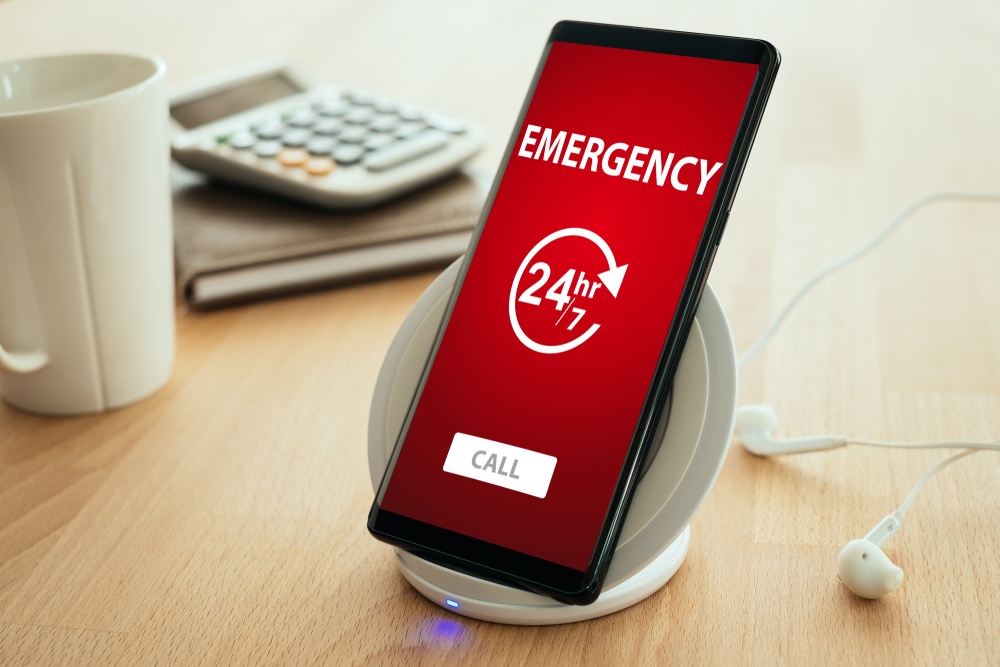



Get new exclusive access to healthcare business reports & breaking news




Experts say a proposed 3-digit suicide hotline could reduce stigma surrounding mental health and help save lives.
Pending federal legalization hopes to establish the number 988 as the number for the National Suicide Prevention Lifeline, which is currently 800-273-8255.
The 800 number includes the numerical for T-A-L-K at the end, but some worry people may not be able to remember it while in a crisis.
Speaking to the Chicago Tribune, Colleen Creighton, executive director of the American Association of Suicidology said: “This is one step — making it easier to find help if you need it. It’s one step in the right direction, but not the full solution.”
Creighton believes the new number should come with additional funding for already struggling mental health services.
The Federal Communications Commission began studying the introduction of the 988 hotline after the National Suicide Hotline Improvement Act was passed in 2018. It recommended the switch in a report released last summer, adding that it would improve access to lifesaving resources.
The process of establishing the number began last month but could take up to 18 months due to communication infrastructure work and a public information campaign.
If the number is passed, states will be able to collect fees akin to 911 charges on mobile phones in order to fund other mental health resources.
John Draper, executive director of the national lifeline, called the 988 number a ‘game-changer’, adding that mental health crises should be treated with the same urgency as medical crises.
He added that establishing the number would send the message that mental health issues are on par with medical problems, and would open the door for those who think a call to 911 regarding mental health isn’t appropriate.
“A police officer and ambulance show up at their door. If that’s how our society treats mental health emergencies, people aren’t as likely to report,” Draper said. He added the proposed 988 number “would not only give them the right care, but it won’t give them the wrong care.”
The FCC has estimated calls to the lifeline could double from the 2.5 million taken last year when the number is in place.
Currently, based on the caller’s location, the national lifeline directs calls to one of the 160 local crisis centers staffed with trained counselors.
Creighton said these centers are mostly run with state, local, and private grants, so they could put additional strain on local call centers and the mental health care system across the country.
She added: “Our concern overall … as this moves forward, is that we need to ensure the (mental health support) systems … get more funding. This is not a sustainable model at the funding level it has.”
DuPage County Health Department Executive Director Karen Ayala expressed similar concerns.
“That is the crux,” she said. “If we’re going to expand access, then do we have the capacity to meet that?”
The DuPage County Health Department operates 24/7 and is staffed with as many as six masters-level counselors or social workers. Upon calling, individuals are risk-assessed, which determines if the caller needs an emergency response, hospitalization, or referral to other services.
In DuPage County, a federal grant provides an extensive follow-up procedure to callers, including a mobile crisis unit and a 12-bed unit.
Ayla added that if the volume of callers was to increase, she would hope that an increase in funding would be available to support the system- noting it isn’t just about the number of staff in-house to answer calls, but the capacity to offer long-term care to those who need i